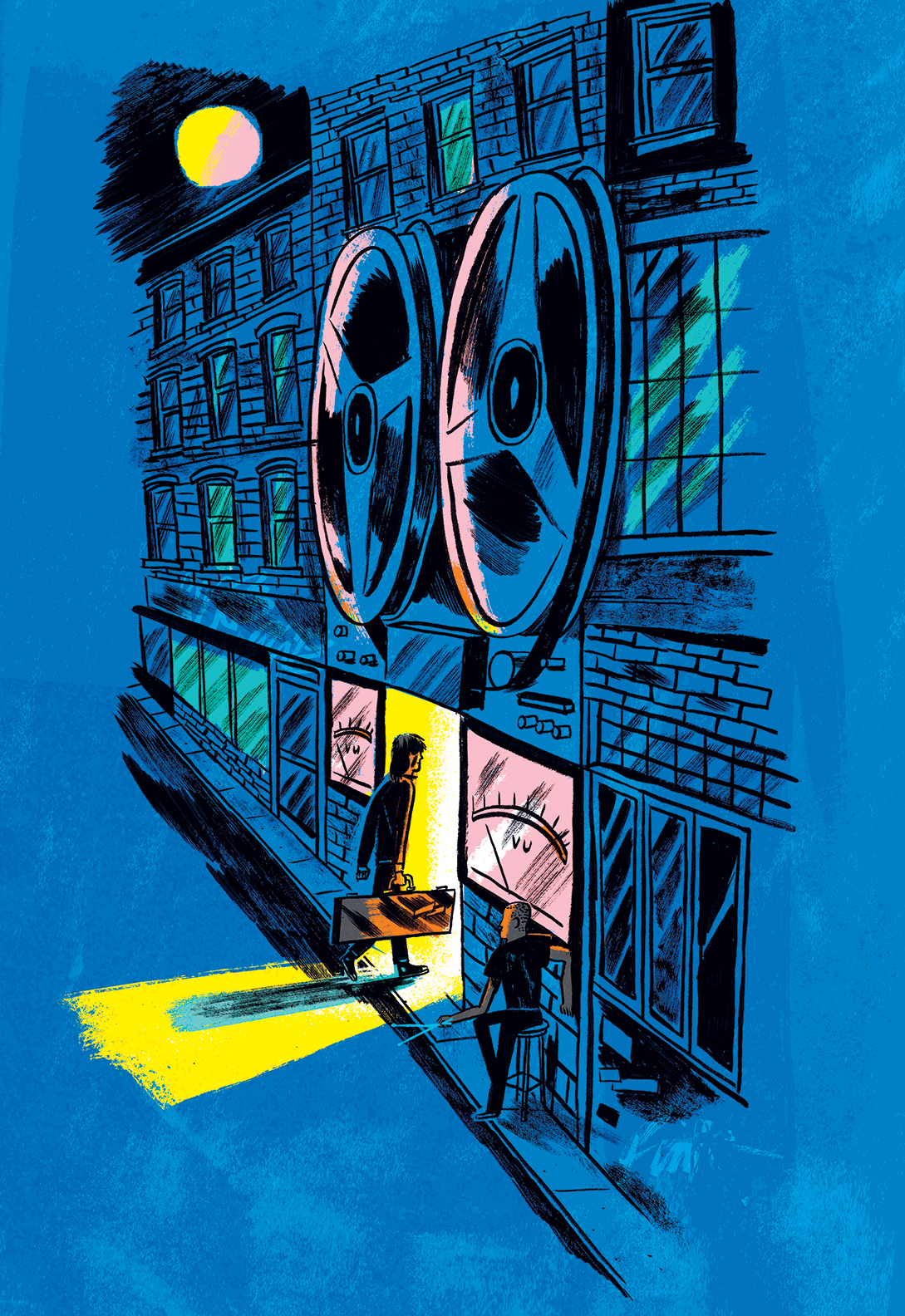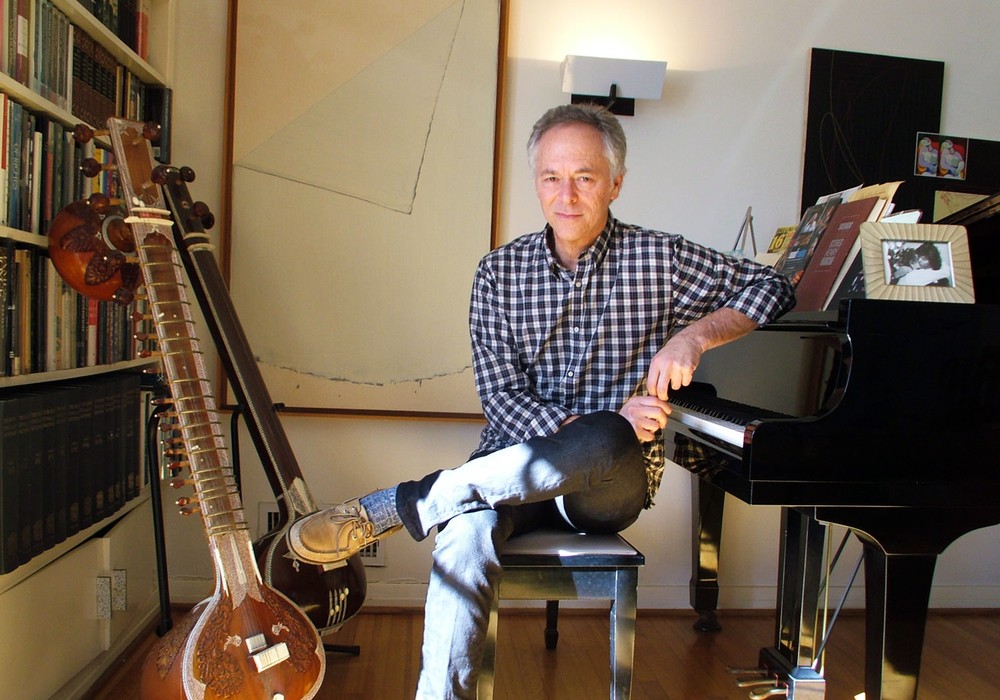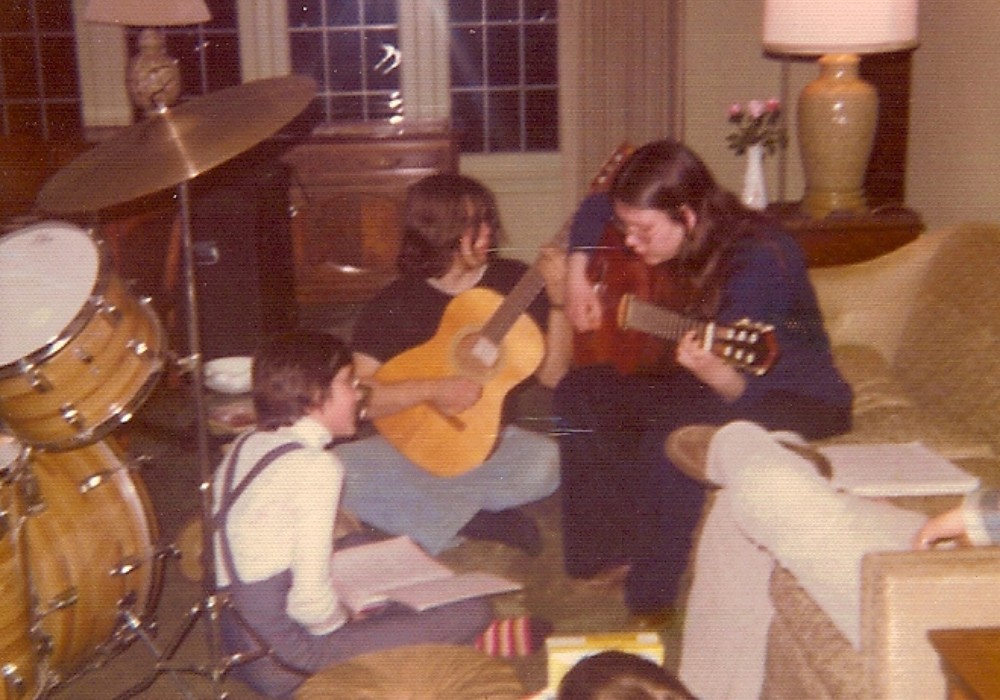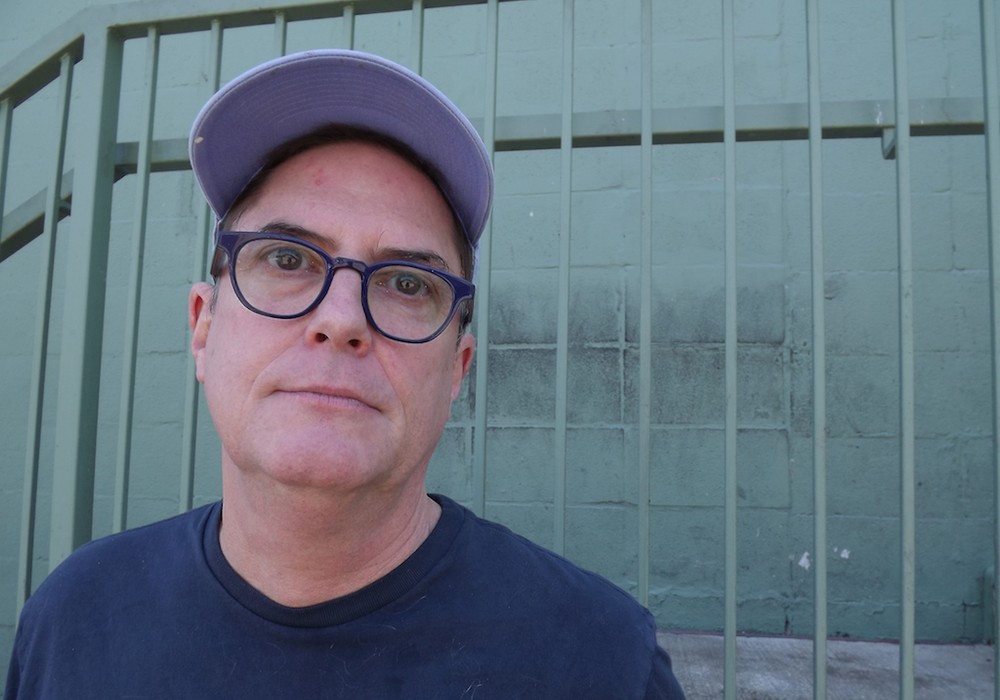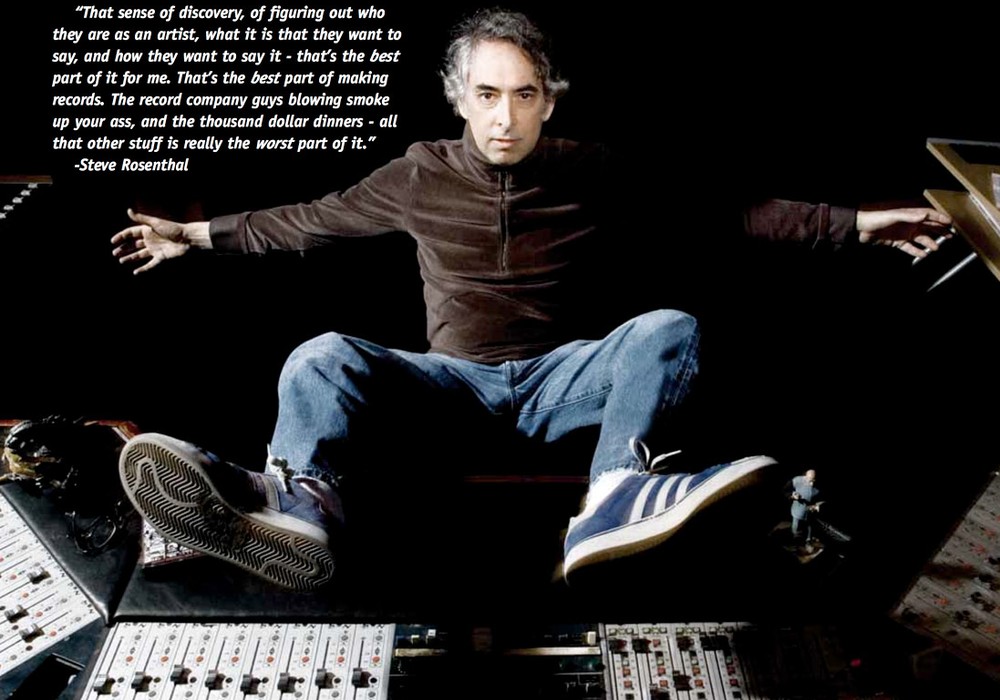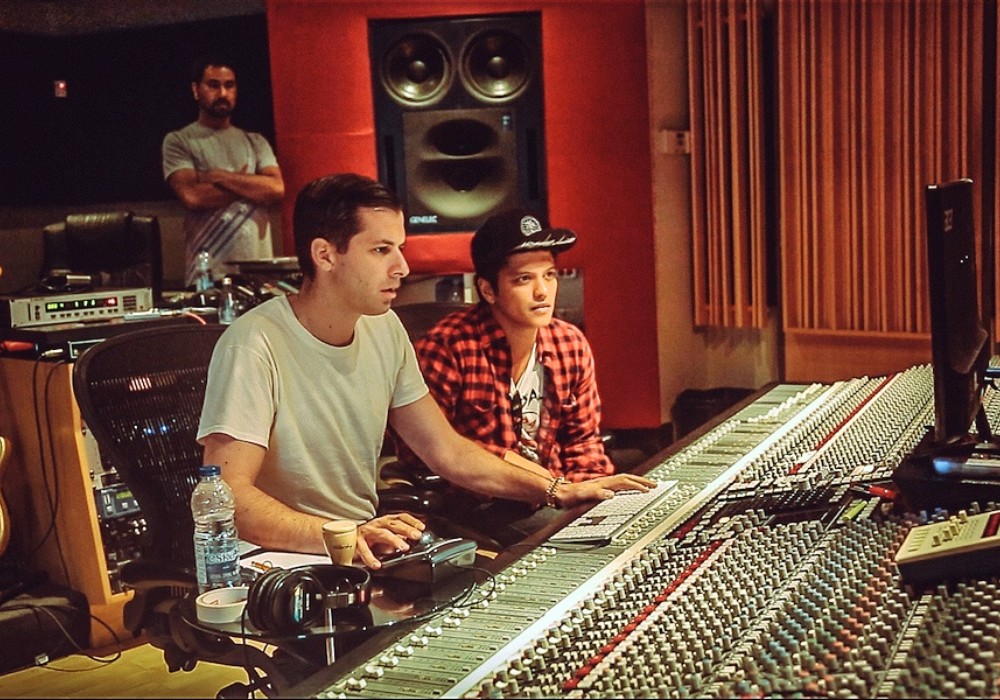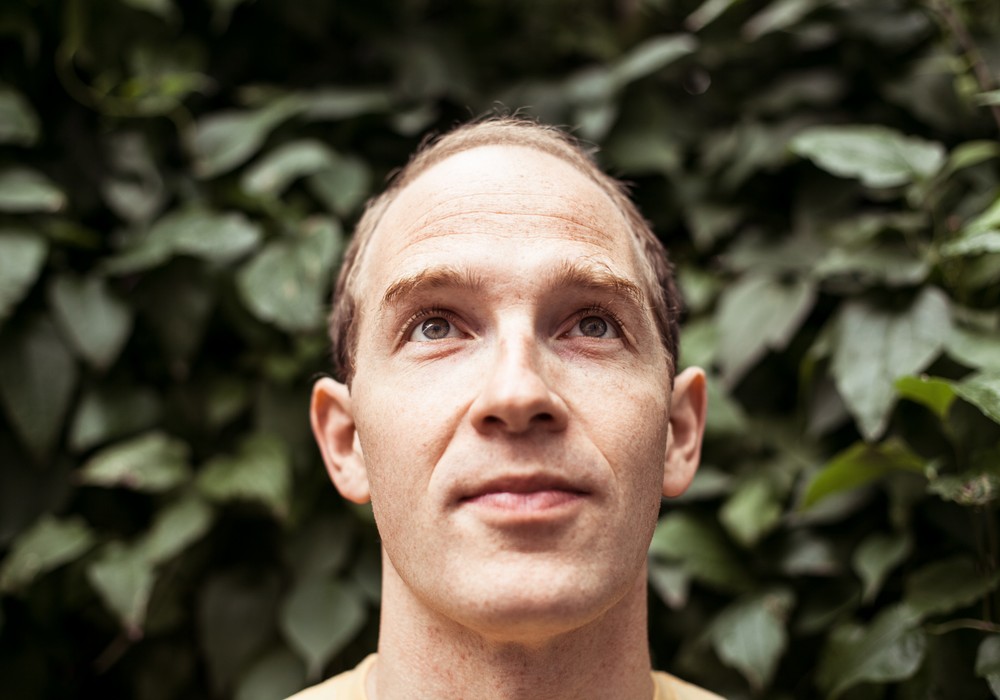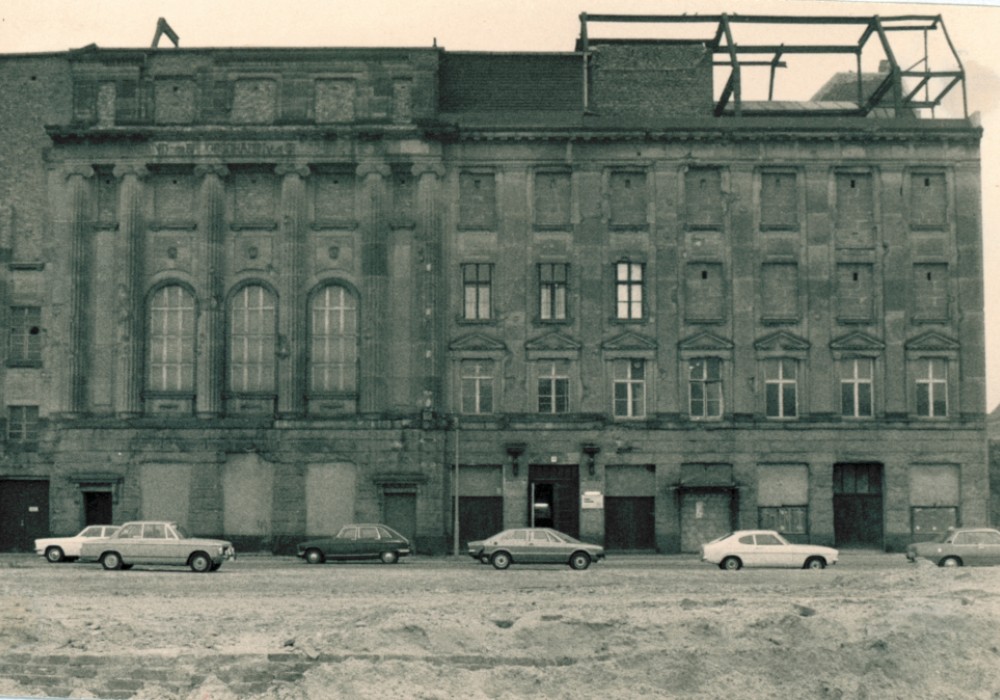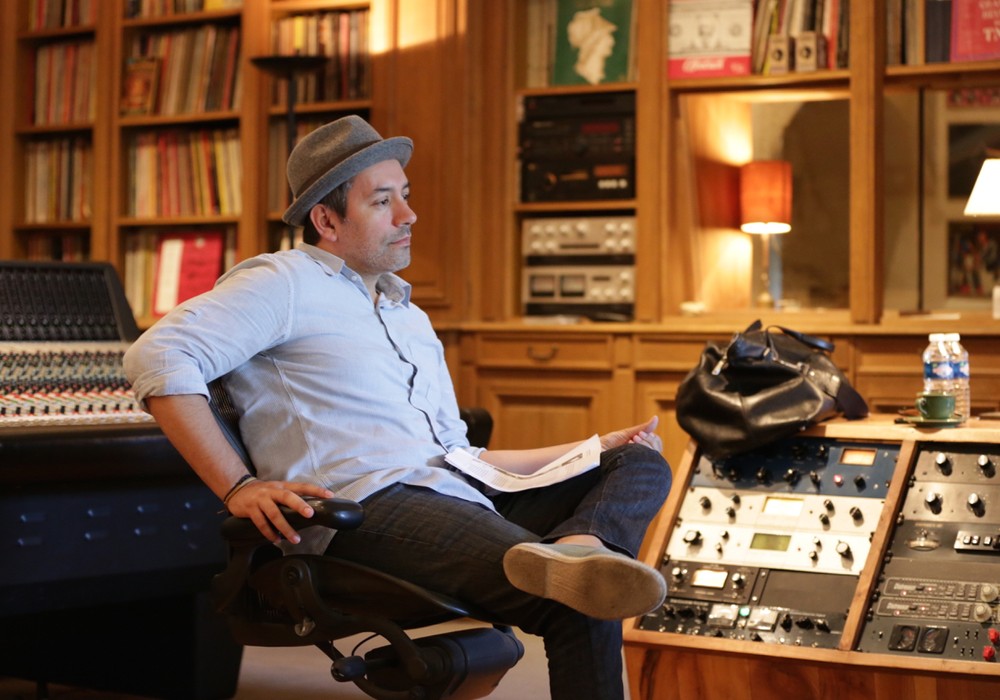Tony Berg has cast a long shadow over the pages of Tape Op , but in way that might not be immediately apparent. From managing producer Mitchell Froom (Tape Op #10), to producing Michael Penn’s debut album, March , (#53), to convincing Jon Brion (#18) to move to Los Angeles, to sharing scotch at 8 a.m. in his pajamas with neighbor T Bone Burnett (#67) while listening to rough mixes in his studio, and, more recently, to mentoring Shawn Everett and Blake Mills (both in #115), the common thread to Berg’s career is the desire to help the people and artists he’s drawn to. As we were wrapping up our chat at Tony’s home studio, Zeitgeist (where I had interviewed Blake Mills a few months earlier), he told me about a book his brother, A. Scott Berg, had written, a biography about Max Perkins [Max Perkins: Editor of Genius ] who was an editor that had worked with F. Scott Fitzgerald, Ernest Hemingway, Thomas Wolfe, and many other great writers. “If could even come close to the impact that Perkins had on literature in music, that’s what I would aspire to.”
I did the interview with Blake Mills here at your house last summer. It was great to meet him. I think I missed you by a little bit.
They’re like my two other sons.
Blake and Shawn Everett?
Yeah. Blake has been coming here every day for 14 years, since he was 16 years old. Shawn knocked on my door 11 years ago and said, “I just moved here from Canada today. In case you need an engineer, here I am.” So we went into my studio. I just liked him immediately. He was the most charming, irresistible guy. I said, “I’m starting a Pete Yorn album. Come by tomorrow.” And he was here every day for ten years. What a talent. I mean, the two of them. In fact, Blake is so much like my son, he lives with my daughter. They are two really exceptional guys.
They’re making some great records in an era where people aren’t necessarily making those kind of immersive albums anymore.
Their standards are very high. Their expectations are very high. I would even say the two of them occupy a very lofty place, in terms of their combination of ability and vision. They’re really gifted guys.
Obviously with Shawn and Blake you’ve taken on this mentor role. Is that something you’ve done with other people?
A lot of people.
You seem to enjoy that.
I love it more than I can say. I’ve had this room for 31 years. The people who have been my assistants or engineers have stayed in my life; one of them was a young guy who moved out here from Las Vegas almost 30 years ago. He had no real skills, but he was a wonderful guy with great taste and ambition. He used to do remixes of everything we would do every night. Initially they were quite awful. They got better and better, and then they got really good. I took a job at a record company, so I closed down the studio for a year. He called me one day and said, “You know, I got this call. This little company wants to release my music. Would you read this contract and go through it with me?” I did, and he became the biggest electronic artist in America, with a band called The Crystal Method. That was Ken Jordan, and he was here for four or five years. Joey Waronker was here for a while; a wonderful guy. Jonathan Melvoin, tragically his story ended badly, but he was here for a while. Susan Rogers [Tape Op #117] was my engineer for many years.
We just interviewed her!
I love Susan. She is an extraordinary talent with an extraordinary mind. How lucky was I to meet her! There are some other people… that’s a long-winded answer to your question. Yes, I love that role. Someone did that for me very early on, a guy named Jack Nitzsche. I was very lucky when I was in my early twenties to spend every day with Jack, for three or four years. I understand the value of that role.
Was that as a player with Jack, or an engineer?
As a guitarist, an arranger, and kind of a presence. He was extremely generous to me. Jack might be the great unsung hero of the rock age. His contribution is mighty.
He was a legend.
He was a nut, but I just loved him. And he introduced me to so many people, and to such great music.
You started the studio, Zeitgeist, 31 years ago. You were one of the first people to build a studio in your house in Hollywood back then.
I remember when I put it up, there were about seven of us that I knew of. Michael Boddicker, Steve Vai, and, shortly thereafter, Jeff Porcaro, and Chas Sandford, plus one or two other guys. Unfortunately, one of us, who will remain nameless, made the mistake of printing color brochures for his home studio and leaving them in big studios to solicit work. To which the association of studios in town said, “Fuck this,” and shut down the home studios. But one guy was very kind to me,...
